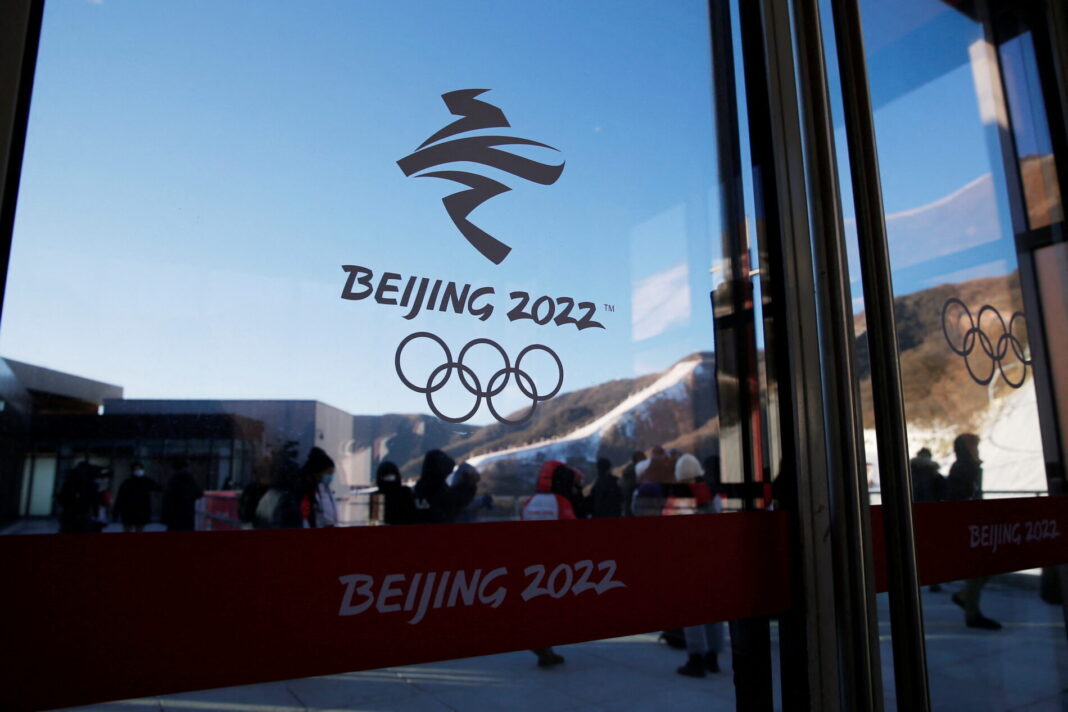On the 6th of December the White House announced they will not send a diplomatic delegation to the Olympic Games in Beijing in 2022. This move angered China but it risks to remain an isolated effort by the US without the support of many of their allies
History doesn’t repeat itself, but it often rhymes. In the last decade of the Cold War, the Olympics Games were not spared by the rivalry between the two Superpowers: The Carter administration decided to boycott the 1980 Games in Moscow, due to the Soviet invasion of Afghanistan in the previous year, and the Russians retaliated the following edition, boycotting the 1984 Games in Los Angeles.
Now, on the 6th of December, the White House announced that “the Biden administration will not send any diplomatic or official representation to the Beijing 2022 Winter Olympics and Paralympic Games given the PRC’s ongoing genocide and crimes against humanity in Xinjiang and other human rights abuses”. If Beijing should decide to retaliate, as Chinese officials have already promised, they will probably boycott the next edition to be hosted by the United States, that is the Summer Games in 2028, once again in Los Angeles. Thus, as the international system returns to a state of polarization like in the past, so too the Olympics are returning into just another field of great power competition, and not just a sport one.
Nevertheless, the differences between the boycott in 1980 and the one in 2022 are numerous. Firstly, as of now, the Beijing boycott will be just diplomatic: that means that American athletes will participate to the Games, under the US flag, but there will not be any American official to cheer them up at the inauguration. It is still a boycott, enough to anger China, but it does not carry the same weight as the complete boycott of 1980. Another main difference is the reasons behind the boycotts: in 1980 it was the invasion of Afghanistan, now it is the sum of all humanitarian abuses committed by Beijing, such as the repression of the Uyghurs in Xinjiang and the Tibetans, the stripping away of Hongkongers’ political and social freedoms, and the events regarding tennist player Peng Shuai.
To be perfectly candid, the reasons behind the boycott are not just humanitarian in nature: after all, the Tibetan issue was already in plain sight during the Games in Beijing in 2008, which none boycotted. Along with the humanitarian abuses, China’s aggressive posture and its rise in relevance in the international systems worry the US. One of the other boycotters, Lithuania, is currently engaged in a diplomatic struggle with the PRC, after the European Nation allowed the opening of a representative office by Taiwan in Vilnius.
But the main difference between the two boycotts is the number of the states joining in: in 1980, 65 countries did not participate to the Olympics, including China, and many others, such as Italy, France, and the Netherlands, did not participate to the Opening Ceremony and their athletes did not compete under their respective flag but under the Olympic flag. As of now, only seven nations decided not to send any diplomatic envoys to Beijing: US, Australia, UK, Canada, Lithuania and New Zealand (even though New Zealand officially will do so only due to Covid concern). This move consolidates the common foreign stance of the Anglophone country, as AUKUS had already confirmed.
Meanwhile, most of US allies will not join the American boycott. If this is understandable for country such as Japan and South Korea, which have too deep of a bond with China to risk retaliations, the reticence of Continental Europe does cast some doubts over the integrity of the EU (after all, if not for humanitarian reasons, the nations of the Old Continent should boycott the Games in solidarity with Lithuania) and the unity of the Free World. For France and Italy the choice would have been a grave one to take: the next edition of the Games will take place in Paris and in Milano-Cortina, and it is good manners that the two nations must be present, especially Italy, that will receive the Olympic baton from China; but hiding behind etiquette does not show great courage. Furthermore, one could argue that France may not be willing to follow American lead, after the AUKUS blow.
Some say that politics should be left out of the Olympics, but for as long as the Games take place in one country and not in the middle of the Ocean, they will surely have a political impact. President Macron may be right in saying that a boycott is insignificant, but “contributing to the fanfare of the Games” while humanitarian abuses are going on in China is certainly a strike to one’s own integrity.
History doesn’t repeat itself, but it often rhymes. In the last decade of the Cold War, the Olympics Games were not spared by the rivalry between the two Superpowers: The Carter administration decided to boycott the 1980 Games in Moscow, due to the Soviet invasion of Afghanistan in the previous year, and the Russians retaliated the following edition, boycotting the 1984 Games in Los Angeles.




